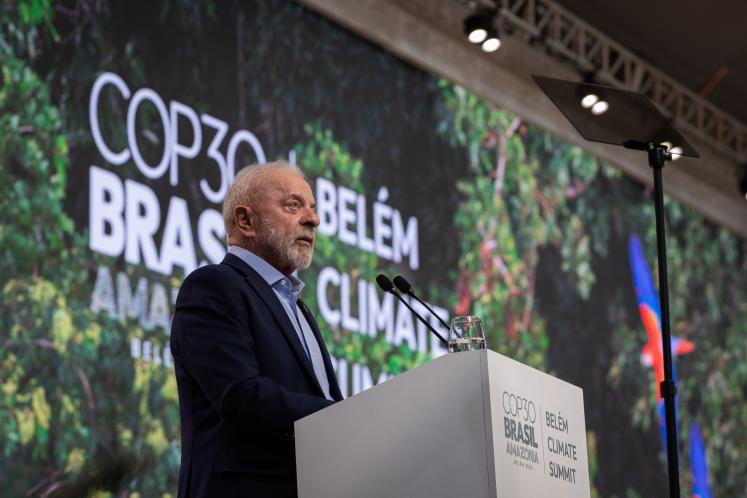International climate governance is under growing pressure to deliver results. Recent meetings have exposed persistent frustrations about the slow pace of negotiations, limited action and the difficulty of reaching agreement among nearly 200 countries. While progress since the Paris Agreement should not be discounted, the current system, anchored in the United Nations Framework Convention on Climate Change (UNFCCC), struggles to move from negotiation to implementation and often produces outcomes below what the crisis demands.
At the 2025 United Nations General Assembly, Brazilian President Luiz Inácio Lula da Silva proposed creating a United Nations Climate Council – an authoritative body to draw on expertise from politics, academia, industry and civil society. Whether or not this idea advances, it reflects a wider recognition that the existing institutional framework can only partially meet today’s climate challenges. Any new or reformed governance structure must be capable of three core functions: delivering authoritative policy advice, coordinating action across diverse actors and anticipating risks to enable early response.
This UNU-CPR discussion paper outlines three broad pathways for reform:
- Targeted or systemic changes to the UNFCCC
- An “inside/outside” model that complements the current system
- The establishment of a new independent body or UN council.
It draws on analysis developed through a UNU-CPR workshop held on 24 July 2025 in collaboration with the British Academy, the Bahá'í International Community’s United Nations Office, and the governments of Brazil and Germany, and is an output of UNU-CPR's Global Governance Innovation Platform (GGI).
Access "The Politics of Global Climate Governance Reform" here.




